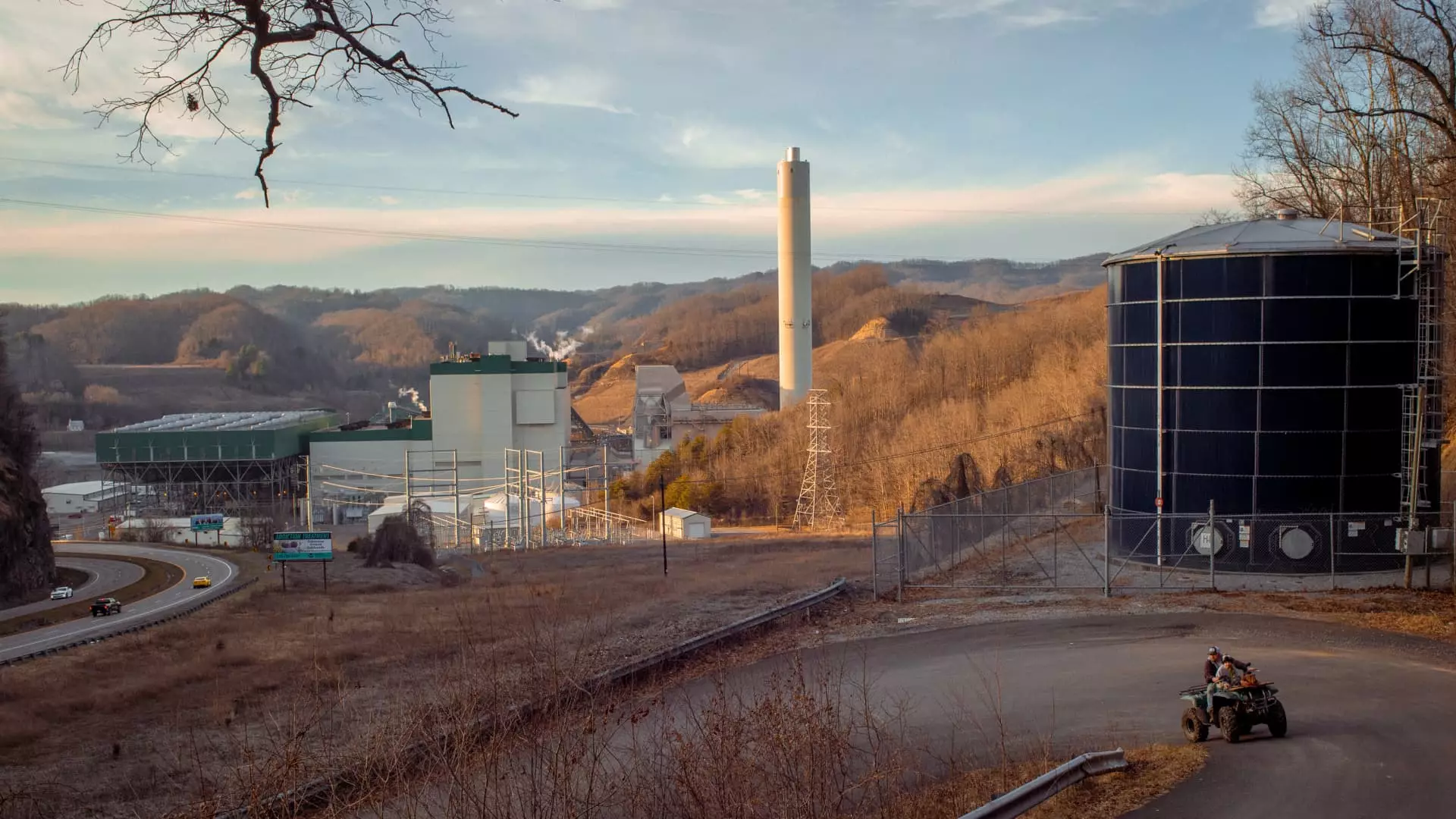Dominion Energy is setting a transformative path towards the future of energy generation by engaging in discussions with various technology firms about the development of small modular nuclear reactors (SMRs). This initiative follows a recent memorandum of understanding with Amazon, aimed at exploring the viability of cutting-edge nuclear technology. The trend of tech companies investing in nuclear power signifies a pivotal shift as they seek sustainable solutions for the increasing energy demands associated with their operations.
Dominion’s CEO, Robert Blue, expressed optimism during the company’s quarterly earnings call, highlighting the positive dialogue with major power users who are eager to invest in and collaborate on next-generation nuclear technologies. This sentiment reflects a growing recognition of nuclear energy as a viable, carbon-free baseload power source that aligns with the ambitions of both energy providers and large corporations like Amazon, which is known for its significant energy consumption in data centers.
The agreement to explore a small modular reactor near the North Anna nuclear facility in Virginia showcases a proactive approach to not only meeting state energy demands but also advancing the overall landscape of nuclear energy in a region that supports such initiatives. Virginia’s favorable stance towards nuclear power, bolstered by bipartisan political backing, further solidifies the state as a strategic location for nuclear innovation.
In the current climate of energy transition, tech giants are increasingly drawn to nuclear power for its potential to deliver reliable, low-carbon electricity. As data centers proliferate, the necessity for dependable energy sources becomes paramount. Northern Virginia, recognized as the largest market for data centers globally, serves as the backdrop for Dominion’s efforts, where energy reliability is critical for sustaining operations in the burgeoning sector of artificial intelligence.
Moreover, the approach taken by companies like Microsoft and Alphabet underscores a broader trend among major players in the tech realm. Microsoft’s agreement to purchase energy from Three Mile Island, alongside Google’s partnership with Kairos Power for SMR development, signals a collective movement towards leveraging nuclear energy as a solution to their substantial energy demands.
Despite the enthusiasm surrounding SMRs, the technology still remains on the precipice of commercial viability. Currently, there is no operational small modular reactor in the United States, which presents a hurdle to widespread adoption. Nevertheless, the potential benefits of SMRs, such as reduced capital expenditures and an expedited deployment timeline, cannot be overlooked. With a smaller physical footprint than traditional reactors, these systems may facilitate easier integration into existing energy infrastructures.
As discussions unfold between Dominion Energy and its technology partners, the focus on establishing a working SMR could serve as a catalyst for revitalizing the nuclear power sector in the U.S. Ultimately, the evolution of nuclear energy technologies hinges on continued collaboration and innovation, positioning not just Virginia, but the nation at large for a future of sustainable energy.
The intersection of technology and nuclear energy exemplifies a progressive approach to addressing the energy challenges of tomorrow. As Dominion Energy leads the charge in exploring these promising avenues, the dialogues among stakeholders could pave the way for a new era in nuclear energy development.

